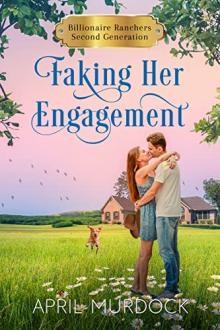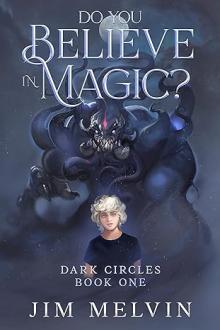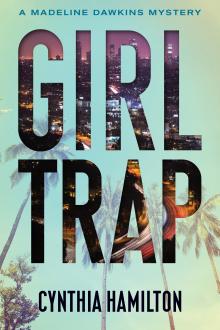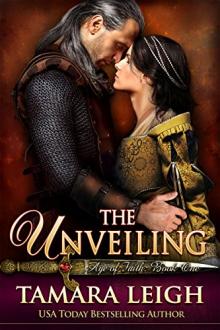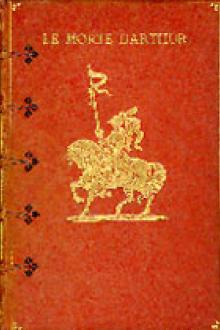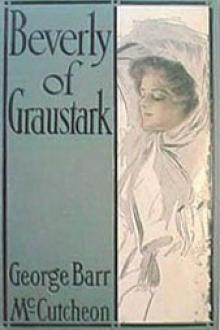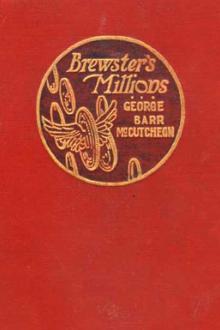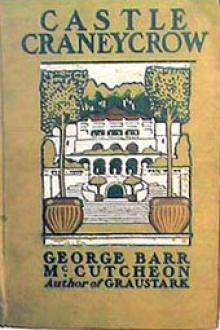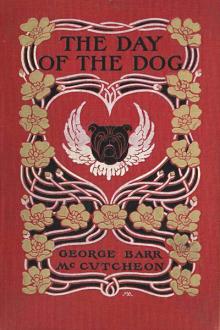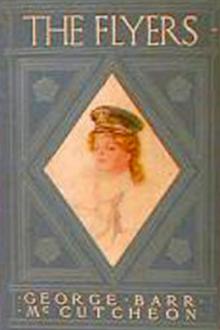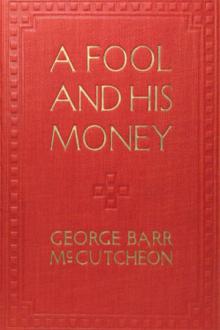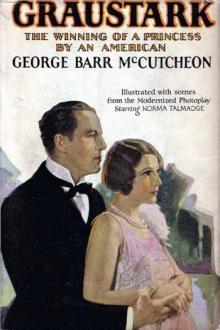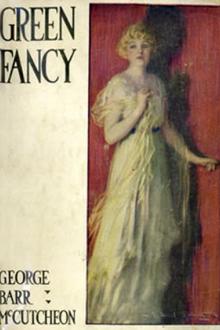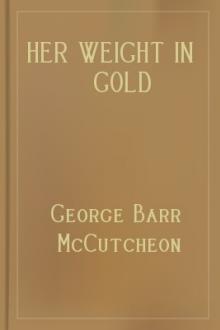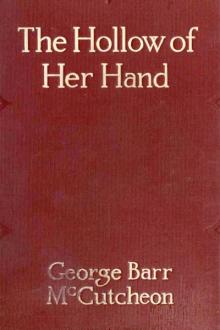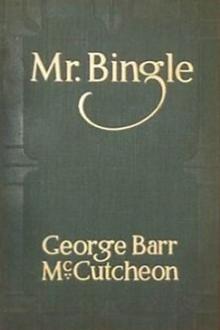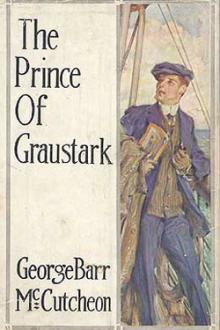Jane Cable
Jane Cable
A foundling from an orphan asylum is instrumental in saving the crumbling marriage of an obscure railroad man and his wife. The same foundling, twenty years later, is the source of tragedy for her adoptive parents, her fiance, and herself. A romance of 1890s Chicago, Jane Cable has a contrived plot and stereotyped characters, but the plot moves and the characters play their roles in a manner reminiscent of Jane Austin or Charlotte Bronte creations. --Book Review Digest, 1906
Book Excerpt
acre on the Little Big Horn River.
Cable was deeply interested, for he had seen Custer fighting at the front in the sixties. Frances Coleman, the prettiest girl he had ever seen, sold him the newspaper. After that, he seldom went through Albany without visiting the little book shop.
Tempestuous, even arrogant in love, Cable, once convinced that he cared for her, lost no time in claiming her, whether or no. In less than three months after the Custer massacre they were married.
Defeated rivals unanimously and enviously observed that the handsomest fireman on the road had conquered the mo&t outrageous little coquette between New York and Buffalo. As a matter of fact, she had loved him from the start; the others served as thorns with which she delightedly pricked his heart into subjection.
The young husband settled down, renounced all of his undesirable habits and became a new man with such surprising suddenness that his friends marvelled and--derided. A year of happiness followed. He grew accusto
FREE EBOOKS AND DEALS
(view all)Popular books in Fiction and Literature, Romance
Readers reviews
1.0
LoginSign up
This may be McCutcheon's worst book. It's just bad. The writing is dull, the characters are insipid and two-dimensional (except for the ugly and peculiar legal clerk Elias Droom, who is interesting but unfathomable) and the plot hinges on an issue I can't believe would have been significant even in its period. As a desperate measure to save her marriage, a woman adopts a baby from a foundlings' home and sends for her estranged husband, then a railroad engineer, telling him the child is theirs. The tactic works, but 20 years later, when the parents have become wealthy members of Chicago society, the shady lawyer who arranged the secret adoption blackmails the mother, even though his own son, Graydon, who knows nothing of his father's chicanery, and Jane Cable, the adopted daughter, are in love and engaged to marry. Ultimately, the truth comes out, yet though shocked and angry, the adoptive dad stands by both wife and daughter and claims publicly to have been in on the adoption all along. However, Jane now refuses to marry Graydon — not because he's the son of an unscrupulous blackmailer, but because she, though still rich, beautiful and the beloved daughter of a self-made man, has been revealed as an adopted waif without a pedigree. Even in the heyday of the Potter Palmers, was Chicago ever as hoity toity as all that? I doubt even the English ton went so far.
- Upvote (0)
- Downvote (0)
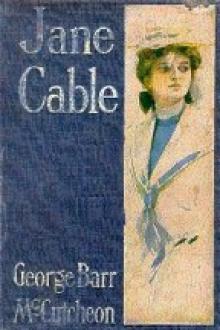
 Free Download
Free Download

